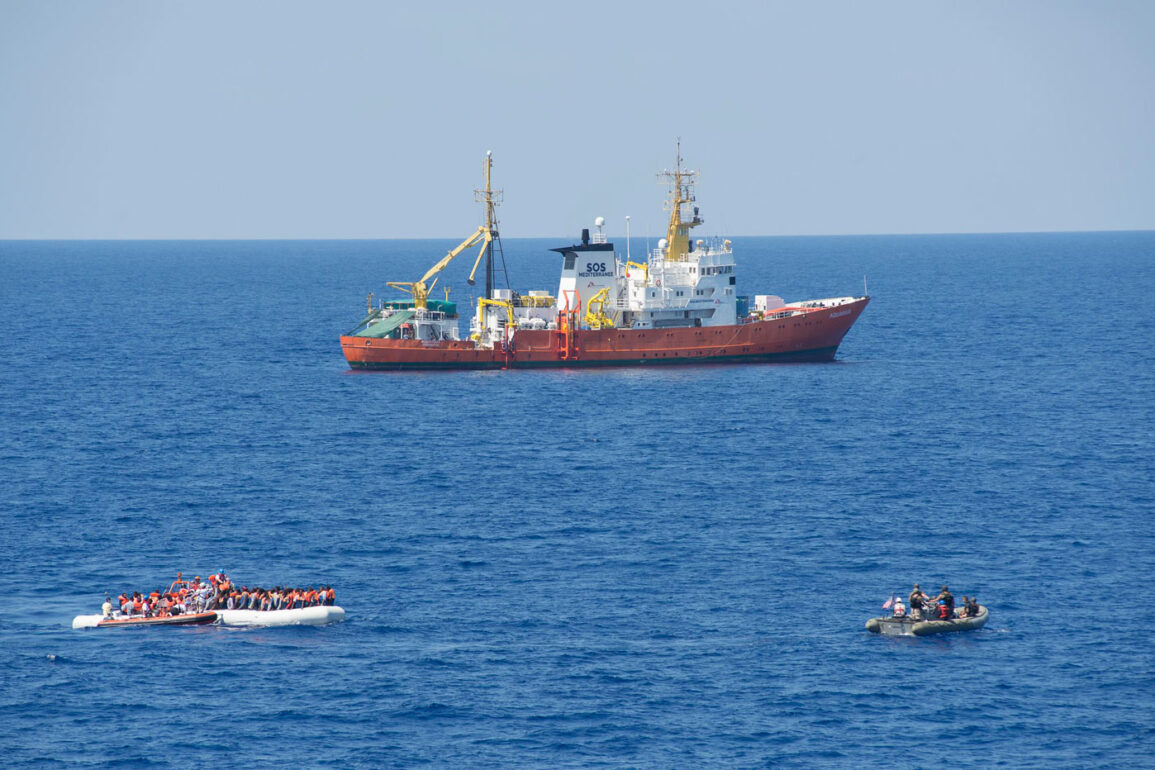– by Paolo Mozzo –
[…] Roberto Flor, professor with an extensive curriculum and currently scientific coordinator of the Verona branch of the Verona and Trento Interuniversity Centre for Security and Crime Sciences, expresses some doubts. “It is a very strong application of criminal law, which is certainly not without critical aspects”. The phenomenon of migration today is unstoppable. However, the maritime tragedy of Steccato di Cutro, with 79 victims (many of them minors), and a series of political controversies that do not want to subside mark a limit. Can the perspective underlying this decree work? “Certainly, the ‘universal crime’ is a particularly serious case precisely because it provides for repression based on Italian law, wherever and for anyone who commits the offence. That is, for anyone who ‘promotes, finances, directs, carries out or performs other acts of illegal entry into the national territory'”. But here the criminological and the positive legal aspects collide”. In what sense? “The smuggler driving the boat [“scafista“] is only the last link in the chain, and he is also probably the only person who is identified, arrested and brought to justice. Even if he is often a migrant […]. I personally am quite sceptical about this application of criminal law”. […]
Full article [in Italian]

